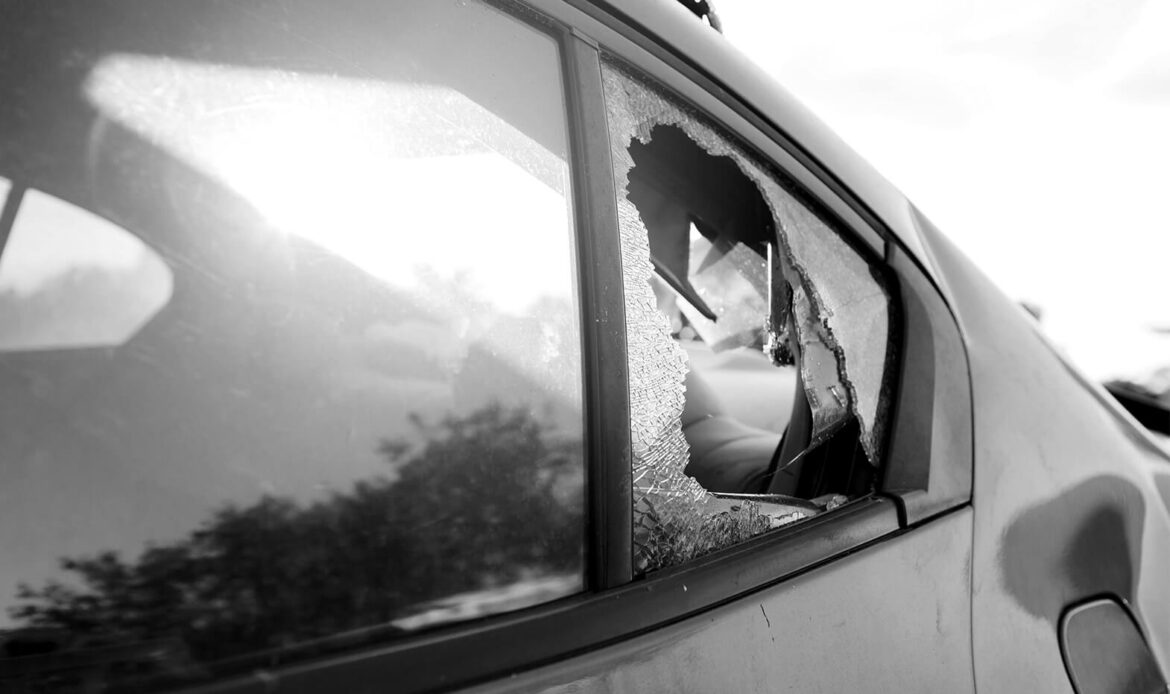Some areas of law can be difficult to understand, but criminal damage law in the UK is relatively straightforward. At its core, it deals with destroying or damaging property without lawful excuse. However, its history and recent application—especially in cases involving political and environmental activism—make it a hot topic today.
What Does the Criminal Damage Act 1971 Say?
The main legislation covering criminal damage is the Criminal Damage Act 1971, which states:
“A person who without lawful excuse destroys or damages any property belonging to another intending to destroy or damage any such property or being reckless as to whether any such property would be destroyed or damaged shall be guilty of an offence.”
In short, if you intentionally or recklessly damage property that isn’t yours, you could face prosecution. Like all areas of law, its interpretation continues to evolve through new cases.
The History of Criminal Damage in the UK
Originally, criminal damage was part of common law. Most damage was treated as a civil matter, with one exception—arson, considered so serious it carried the death penalty.
With the Industrial Revolution, things changed. Luddites smashed machinery they believed threatened their jobs, leading to “machine-breaking” being criminalised in 1721. Offenders could be transported to colonies or even executed.
The Malicious Damage Act 1861 consolidated earlier laws, but in 1971 it was replaced by the broader Criminal Damage Act. Unlike the 1861 Act, which listed property types in detail, the 1971 Act uses a sweeping definition that applies to all property.
Criminal Damage and the Police, Crime, Sentencing and Courts Act 2022
In recent years, criminal damage law has been shaped by the Police, Crime, Sentencing and Courts Act 2022. Designed to control protests, it gave the Home Secretary more power to restrict demonstrations.
The Act also introduced harsher penalties for damage to memorials. Following the Edward Colston statue toppling in Bristol and defacement of Churchill’s statue, the maximum penalty for damage under £5,000 to a memorial rose from three months’ imprisonment to up to 10 years.
Supporters see this as protecting British history, while critics view it as a disproportionate response to legitimate protest.
Criminal Damage Penalties in the UK
The punishment for criminal damage depends on the severity:
Minor offences (e.g. graffiti) may be dealt with by a fixed penalty notice instead of court.
Damage under £5,000: Tried by magistrates, maximum sentence of three months in prison and a £2,500 fine.
Damage over £5,000: Can be heard in Crown Court with harsher sentences. If tried summarily, penalties can include six months in prison and a £5,000 fine.
Aggravated offences and arson: Maximum penalty of life imprisonment.
Notably, juries can acquit even when the offence seems clear. In 2023, nine Extinction Rebellion activists were acquitted after admitting to causing £500,000 of damage at HSBC’s Canary Wharf HQ, arguing it was an act of protest.
By contrast, police have treated incidents like environmental activists letting down SUV tyres in Bristol as straightforward cases of criminal damage.
Why Criminal Damage Matters Today
Criminal damage has become increasingly linked with environmental activism, Black Lives Matter protests, and political demonstrations. These cases raise important questions about where to draw the line between protest and crime.
With activism on the rise, criminal damage law will remain a central issue in UK courts for years to come.
Need Legal Advice on Criminal Damage? Contact Lostock Legal
Criminal damage is a serious offence that can carry life-changing penalties. Whether you’re facing allegations or have been the victim of damage to your property, early legal advice is crucial.
At Lostock Legal, our experienced team of solicitors can:
Explain your rights under the Criminal Damage Act 1971.
Advise on possible defences if you’re accused.
Help you seek justice and compensation if you’re a victim.
We provide clear, practical advice tailored to your situation.
👉 Contact Lostock Legal today for a free, no-obligation consultation with our criminal damage solicitors.


